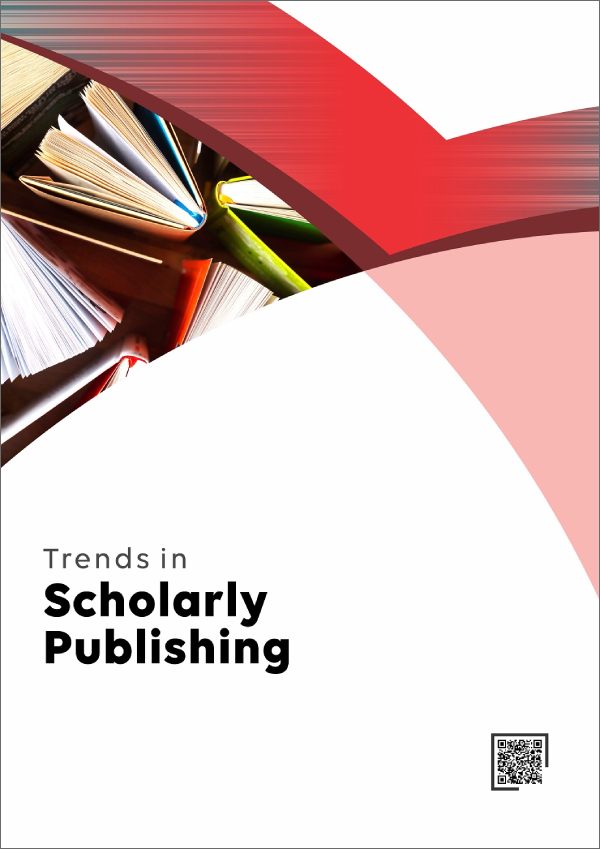Authorship Policy
Trends in Scholarly Publishing (TSP) advocates authenticity and transparency in authorship. Authorship carries both recognition and responsibility for the integrity of the work. All authors must meet established authorship criteria and approve both the submitted and accepted versions of the manuscript before publication.
Authorship Criteria
TSP follows the recommendations of the International Committee of Medical Journal Editors (ICMJE). To qualify as an author, individuals must have:
- Made substantial contributions to the conception, design, data acquisition, or analysis of the work;
- Participated in drafting or critically revising the article;
- Approved the final version to be published; and
- Agreed to be accountable for all aspects of the work.
Individuals who do not meet all four criteria should be acknowledged rather than listed as authors.
Author Contribution
At submission, authors must specify their individual contributions. TSP has adopted the CRediT (Contributor Roles Taxonomy) to ensure clarity. Author contributions will be published alongside the final article.
Author Contribution Statement
A contribution statement must be included in all manuscripts, including reviews. This statement should outline each author's role in the research and writing process. The level of detail may vary depending on the discipline, but must clearly describe individual responsibilities.
Corresponding Author
Co-authors must agree on the designation of a corresponding author. This author is responsible for ensuring all co-authors approve the submission, order of authors, and affiliations. The corresponding author acts as the main contact for editorial communication throughout submission, review, production, and post-publication. They also sign the publishing agreement on behalf of all authors.
Acknowledgments
Individuals who contributed to the work but do not meet authorship criteria (e.g., technical support, funding acquisition, or material provision) may be recognized in the acknowledgments section with their consent. Acknowledgment does not confer authorship.
Financial Disclosures and Declarations
Authors must disclose all sources of financial or material support, including the role of funders and commercial organizations, at submission. This includes open access funding, writing or editorial assistance, and provision of study materials. If no specific funding was received, this must also be stated.
Changes in Authorship
The author list, order, and corresponding author must be finalized at submission. Any proposed changes after submission (e.g., addition, deletion, or re-ordering of authors) require approval from all listed authors and must be justified in writing. Changes after acceptance are not permitted except in rare cases, which require approval by the Editor-in-Chief. Authors must ensure names, spellings, and affiliations are accurate at submission, as these will be published as provided.
It is the responsibility of all authors, including those collaborating on multidisciplinary or interdisciplinary projects, to uphold the accuracy and integrity of the submitted work. Prior consent from all listed authors is required for any modification to authorship, including additions, deletions, changes in order, or revisions to contributions. Authors must also ensure that names, spellings, and affiliations are correct at submission, as these will be published exactly as provided.
Author Identification
To ensure proper attribution and avoid misidentification, TSP requires ORCID iDs and/or LiveDNA Author iDs for the corresponding author and submitting author before publication.
Confidentiality
Authors must maintain confidentiality regarding all correspondence with editors and reviewers, including peer review reports, unless explicit permission to share is obtained.
Author Disputes
Any disputes over authorship, including concerns about gift authorship or ghost authorship, will be handled by the Journal's Ethics Committee in accordance with COPE guidelines.
Authors are expected to cooperate fully in resolving disputes and must uphold the accuracy and integrity of all elements of the submitted work.



